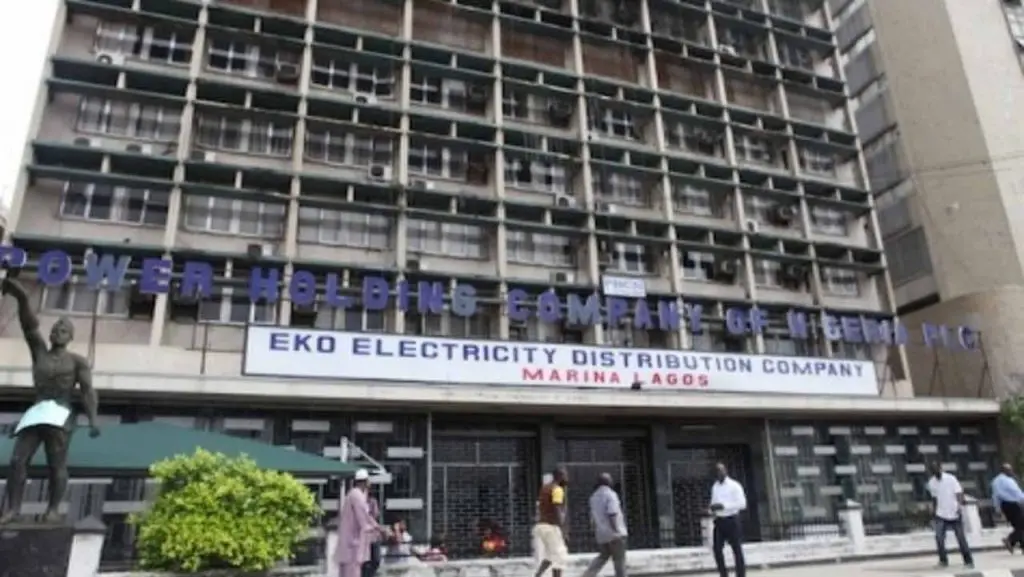Effective subscriptions for the internet across mobile, fixed and VOIP networks in Nigeria rose to 159.5 million in May this year.
According to the latest industry statistics released by the Nigerian Communications Commission (NCC), this represents an 8.6% growth when distinguished from the 158.2 million recorded in April.
The NCC’s data reveals that the mobile network operators MTN, Airtel, Globacom, and 9mobile maintained their dominance of the internet market with 159 million subscriptions.
VOIP operators, which include Smile Communications and Ntel accounted for 335,121 internet subscriptions as of May, while other internet service providers (ISPs) accounted for 204,810 internet subscriptions.
The ISPs’ connection figure is, however, as of December 2022, according to NCC
Broadband subscriptions are up again.
Meanwhile, after 2 months of consistent decline, subscriptions to high-speed internet services, otherwise known as broadband, increased in May to 92.2 million from 91.8 million recorded in April.
This brought the country’s broadband penetration to 48.28% from 48.14% in April.
Through the implementation of the NNBP 2020-2025, the federal government is targeting 70% broadband penetration by 2025.
To that end, the Executive Vice Chairman of the NCC Prof. Umar Danbatta, recently declared that the Commission would be providing industry leadership to push broadband penetration in the country to well above 50% by the end of this year.
According to him, the Commission would also ensure that Nigeria achieves 90% broadband coverage and 70% penetration by the year 2025 in line with the National Broadband Policy.
He, however, pointed out that the country would also need to attract more investments in infrastructure to bring these targets to reality.
What you should know
A World Bank report established that every 10% increase in broadband penetration in any country would improve its GDP by at least 4.6%.
Hence, the rapid rollout of broadband services in Nigeria is expected to address various socio-economic challenges the country faces, including the need to grow its economy, expand the tax base, and improve digital literacy and educational standards.
Amidst the implementation of the country’s broadband plan, which started in 2020, subscriptions had declined steadily at some points for months as a result of the government’s policy on SIM cards.
From a peak point of 45.93% in October 2020, broadband penetration in Nigeria slipped to 39.79% in July 2021.
Between November 2020 and October 2021, the service providers lost a total of 9.9 million broadband subscriptions.
Edited by Damilola Adeleke
Discover more from DnewsInfo
Subscribe to get the latest posts sent to your email.




